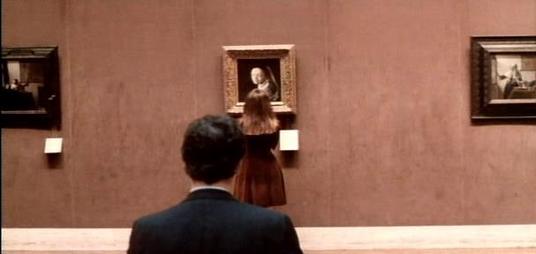 The one thing that seems very constant in all of Jon Jost's films is that they don't concern themselves with plot, at least in the narrative sense, but are rather all about feeling and setting, as well as how these things interact with one and other. This film is different than his others I have seen in that it takes place in the urban setting of New York City. Jost focuses on the hustle and bustle of the city and how this chaotic state can create a lack of human connection between individuals which in turn breeds loneliness. A scene which captures this perfectly takes place on the Empire State Building where the stockbroker talks about how insignificant he feels, while Jost's camera focuses on a shot of the cities skyline from above, music grows louder and louder becoming overwhelming which seems to convey this fast-paced lifestyle which loneliness can inhabit. While this film is full some beautiful and enigmatic scenes, I thought there were a few moments where his wandering camera felt unnecessary and distracting. One particular scene involves the stock broker and french actress talking on a couch where the camera oscillates slowly, panning back and forth between the two of them. That being said, I was emotionally attached to both these characters for different reasons and Jost has created another fascinating feature; though, this film has the least interesting/ powerful ending of the films I have seen. 8.25/10
0 Comments
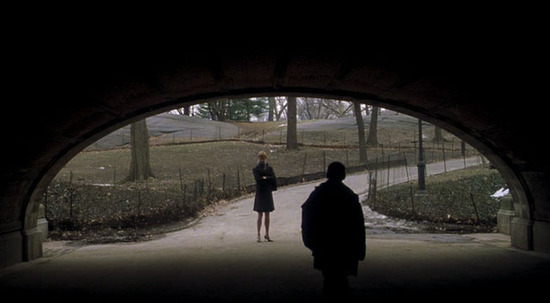 Anna, a 35 year old widow, resides in the Upper East Side of New York City where she has finally been able to finish the grieving process over the death of her husband ten years prior. She has even recently found love with a new man, Joseph, who she plans to marry. One night while celebrating her mother's birthday with family and friends a ten-year-old boy shows up insisting that he is the reincarnation of Anna's late husband. Of course this seems preposterous and Anna brushes off these notions as merely an adolescent crush but Sean's uncanny knowledge of her life leads Anna down a dangerous path of self-reevaluation that not only threatens to destroy her current relationship with Joseph, but every relationship she has. Jonathan Glazer's Birth is a unique exploration of the powerful nature of grief and how it can force the most rational of people into a tailspin of irrational behavior. Birth is a very a brooding piece of atmosphere that relies heavily on its cinematography and sound design to exude this creepy and off-settling tone. The film also plays like a horror film at times, effectively putting the viewer into Anna's confused mindset. The viewer is completely left in the dark throughout the narrative, never quite sure what to believe, no matter how unbelievable things appear. This is without question a well crafted film in every way from the cinematography to the acting but I do believe the film relies a little too heavily on its initial concept, instead of really exploring the themes that it raises. Birth never explores its themes deep enough to be truly profound as I was hoping but there is no denying it's a piercing study of the power of grief. 7/10 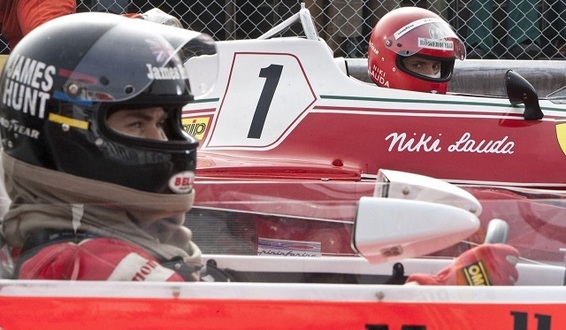 Ron Howard's Rush is a slick, heart-pounding film exploring the legendary rivalry between James Hunt and Niki Lauda in 1970s Formula 1 racing. The two competitors could not be more different with Hunt being the consummate playboy who spends his time drowning in booze and woman, relying on his natural talent to win. On the other hand is Niki Lauda, the ultimate tactician, an extremely disciplined man who spends most of his time meticulously perfecting his craft. These men could not be more different on the surface and Rush does a great job at capturing the dichotomy between these two men. While this contrast is the major narrative thrust of the film, Howard's Rush uses this to also showcase how these men are in fact similiar, both at the mercy of their competitiveness and desire to win. They begin to respect and even admire one and other, each being able to learn something from the other. Chris Hemsworth does a fine job as James Hunt but I was particularly impressed with Daniel Bruhl's portrayal of Niki Lauda, who really is the central character of the film. Outside of this fascinating rivalry, the racing sequences are certainly the high point of the film. The cinematography and sound design do a great job at transporting the viewer into the race, making us feel the excitement and and life and death stakes of this profession. Much of the dramatic weight of Rush falls a little flat, almost feeling too rushed, like Ron Howard and company where simply trying to get back to the driving sequences. That being said, Howard manages to avoid manipulative storytelling by and large with Rush, understanding that this story does not need to be deep on an intellectual or emotional level to be thrilling and effective. 7.5/10 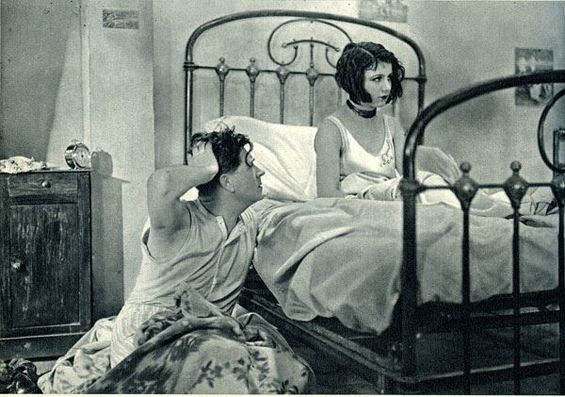 Under the Roofs of Paris is an rather simplistic story about a street performer who falls in love with a woman. Complications arise when he finds himself sent to jail briefly after falling in love with her. When he returns he comes to find that she has fallen in love with his best friend. I really found this film to be trivial overall, lacking anything that really grabbed me on either an emotional or intellectual level. The most interesting aspect of this film for me was seeing a filmmaker in Rene Clair, struggle to find a balance between the silent and talkie aspects of the film. Under the Roofs of Paris might as well be a silent film, and when their are scenes of dialogue they tend to brief and a lot of conversations in the film are inaudible, whether this was intentionally or merely filmmakers wrestling with the new technology, I have no idea. Yea, maybe I am being a little harsh on this film but I just found it all to be so lackadaisical and though parts of the film are charming (the opening sequence, the way Clair camera pans up and down the streets of Paris, etc), I didn't think the film was anything special, though the final scene is also a standout in it's simple yet effective execution. 6/10 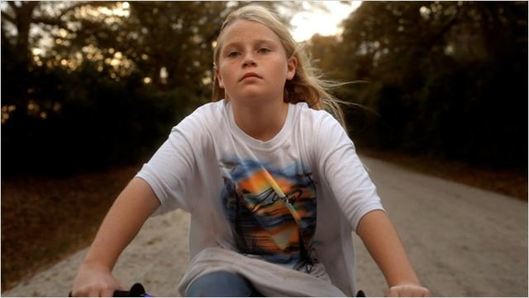 Annie, a prepubescent girl, lives with her father on a farm in the countryside. With very little parental supervision, Annie spends most of her time roaming the area, mostly destroying things to cause her some form of pleasure. One day, while playing in the woods, Annie hears a voice call out to her deep in an abandoned well. Her interaction with the voice leads Annie to begin to question her moral compass, or lack there-of. David Zellner's Kid-Thing is fever-dream fable about a neglected girl whose lack of parental guidance leads her down a devastating path. Much of the film's running time is spent observing Annie as she ventures through the countryside destroying anything she can get her hands on. These sequences effectively capture the spirit of youthful curiosity and exploration while simultaneously showing the growing angst in young Annie. This is a girl who completely lacks the guidance necessary to understand her own moral compass, with her father doing very little to guide her in anyway. Everything about Kid-Thing is extremely subtle and up to interpretation but to me this film is really a unique story about the importance of a paternal figure in a young child's growing mind. Annie tries to grasp this world around her but every time she looks for some type of guidance or explanation her father is never there. Kid-Thing is very comedic throughout, consisting of a dark, underlying sadness that is only strengthened by a few carefully constructed scenes. One of the most affecting scenes for me takes place in the middle of the film where Annie comes into her father's bedroom in the morning to ask a question. Annie tries to talk to her father but he pays little attention, covering his ears with a pillow as he turns away from her. The scene is very brief, but nevertheless effective at showing this disconnect between a young daughter who needs guidance and her simple-minded father who is too blind and selfish to realize it. Certainly up to interpretation, David Zellner's Kid-Thing is a unique, minimalist look into a young child's growing psychosis that reminded me somewhat of Harmony Korine. 8.5/10 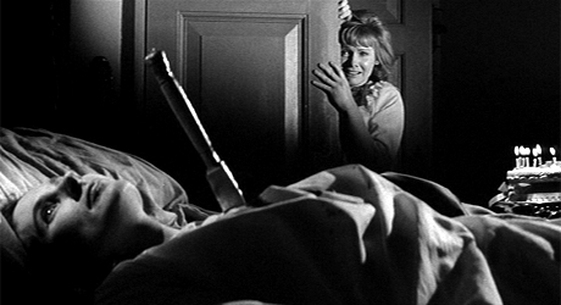 Janet is a young woman who attends a private school in the countryside. Unfortunately Janet is haunted by terrifying dreams in which she sees herself becoming locked up in a insane asylum just like her mother. At a young and tender age Janet witnessed her mother brutally murder her father and she has been becoming more and more paranoid and delusional every day as a result. Sent home from the private school in an effort to curb Janet's impending psychosis, Janet continues to be haunted by visions of her mother, fearing she is headed down a similar path. Freddie Francis' Nightmare is an expertly crafted mystery/thriller that keeps the viewer guessing from start to finish. The first thing that stands out about Nightmare is its beautifully realized aesthetic. Featuring crisp black and white cinematography, atmospheric lighting, and compositions that exude atmosphere and suspense, Nightmare creates a truly creepy aesthetic that's very unsettling. The transitions between Janet's nightmares and reality are seamless, which effectively and intentionally makes it hard on the viewer to decipher whether what they are witnessing is reality or simply the work of damaged mind. Nightmare's narrative is full of twists and turns but never convoluted. Throughout the film I thought I knew where Nightmare was going only for it to change direction, going against almost all of my preconceived ideas of the film's intentions. Freddie Francis' Nightmare is an under-appreciated film, that should be sought out by any fans of Hitchcock, as I believe this fan stands side-by-side with some of his best work. 8.25/10 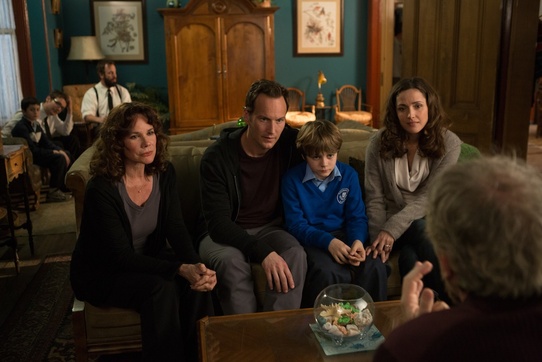 Picking up after the events of the first film, James Wan's Insidious: Chapter 2 finds the Lambert family trying to recover from their dangerous connection to the spirit world. Renai is trying her best to move on from he life but she can't help but notice that something seems off about her husband, Josh. Insidious: Chapter 2 is a very stylized horror film, which you would expect from James Wan, but his aesthetic is growing quite tiresome. It could be due to the fact that another one of his films, The Conjuring, came out so close to this film's release but the whole look and feel of Insidious 2 comes off feeling generic and stale. The narrative of Insidious 2 is subpar, taking the twist ending of the first film and essentially extending it into a two hour feature film. For large stretches I found the whole thing terribly uninteresting with no real mystery or intrigue that made the first film such a pleasant surprise. What is also strange is how unnecessarily convoluted the whole film becomes, almost as if they are trying to manufacture some type of intrigue in an otherwise simple story. All of this being said, the reason one sees a film like this is to be frightened and unfortunately Insidious: Chapter 2 is severely lacking. Outside of a few weak jump scares the film lacks any type of tension or horror. What made Insidious so fun was its somewhat original ideas and sense of humor but Insidious 2 just feels like a studio money grab, lacking almost everything that made the first film memorable. 4/10 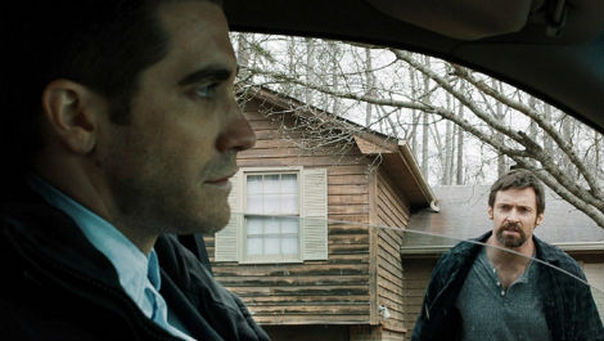 Keller Dover, a loving father and husband, prides himself on being prepared for any situation. When Keller's six year old daughter, Anna, goes missing with her young friend Joy, Keller's structured lifestyle goes crashing down. The only potential lead to his daughters disappearance comes from a dilapidated RV that was seen parked on the street. Heading up the investigation, Detective Loki arrests the driver, but a lack of evidence forces him to release the suspect. With every passing hour Keller becomes increasingly more desperate, leading him down a dark path in which ethics and morality become blurred. Denis Villeneuve's American debut Prisoners is an unsettling crime drama exploring the moral and ethical complications that arise in tragedy and desperation. Villeneuve's directorial style is very much intact, using precise camerawork that really gives the film a rich atmosphere, emphasizing the overall tension of the narrative. With Deakins as the cinematographer, the film's lighting emphasizes the lightness and darkness of every scene, punctuating the film's thematic message about the blurred lines between right and wrong, light and darkness. Another great decision was Villeneuve's use of Religious imagery throughout Prisoners. He routinely juxtaposes such imagery against the harsh, vengeful mindset of Keller, with great emotional effect. Thematically there is a lot going on, but what ultimately makes Prisoners work so well is its well developed characters. Villenueve spends the time necessary to explore all of these characters, from the protective father Keller to the loving mother, Holly, whose mentally overwhelmed and destroyed by the thought of losing her little girl. The viewer really gets into the psyche of these various characters understanding their pain, strife and mindset. Denis Villeneuve's Prisoners is a strong crime drama that is a worthy film for his first foray into "mainstream" filmmaking. 7.75/10 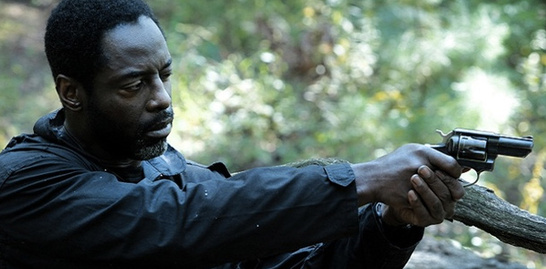 Inspired by the true events of the Beltway sniper attacks in Maryland and Washington D.C, Blue Caprice is a psychological thriller about the events leading up to this tragedy. The film follows Lee Boyd, a young man who finds himself completely abandoned by his own mother, left alone to fend for himself. He meets John Allen, a man who becomes Lee's father figure, taking him to America where he is subjected to a nightmarish view on life. Documenting the chain of events and mechanisms leading up to the shootings, Blue Caprice is an exploration of how human frailty and heart-break can ultimately lead to savagery. Blue Caprice does a great job of subtlety showing how John's father figure is a dangerous influence but it's never over the top. We never are shown that he is a complete monster, which is a good thing, but a man whose mind has been warped into a monstrous state by a tough life. Washington's performance matches the film's design, being understated but poignant in capturing a broken man whose been grinded down to point of seeing almost everyone around him as an enemy who must be destroyed. The film shows the romanticism that Lee Boyd and John Allen have for firearms but it never crosses the line of trying to blame guns for the horrible events that ensue. The only aspect of the film's narrative that felt cheap was a scene in which we see Lee Boyd playing a violent video game, as if the filmmakers are trying to attribute some of his increasing instability to not only his warped father but these games. This isn't a major point of the film but it does feel out of place, given most of the film's understated and well-crafted nature. Featuring a strong performance by Isaiah Washington as John Allen, Blue Caprice is a well-paced, gripping film that engrosses the viewer into the story of the Beltway Sniper as we feel helpless, anticipating its dark and tragic conclusion. 8/10 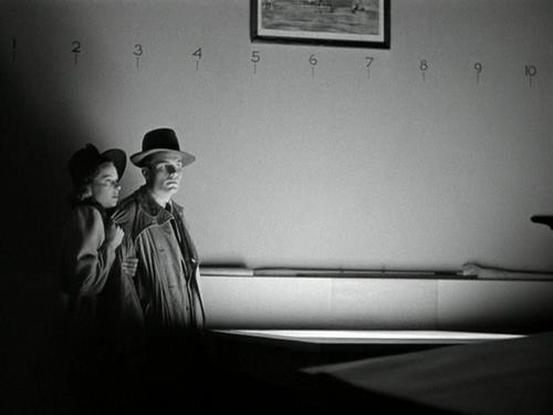 Cat People is a psychological horror film that is exceptional due to the sympathy it shows for its lead character, Irena, as well as the way it opts to slowly unfold in a moody, atmospheric manner. Irena has a dark secret and is haunted by her past, fearing the worst. The film embraces her as a tragic character whose inner demons make her a person she herself fears and resents to some degree. Cat People has a nice little thematic element in its characterization of Fear and how it can be a very destructive force to anyone who lets it control their lives. I really found myself emotionally invested in Irena's story and the film keeps the viewer engaged using both Simone Simon's performance and a great, atmospheric mood. I liked all the little character/plot devices spread throughout the story, some more subtle than others, like the pet shop sequence or how Irena seems to find some form of Solace by going to the zoo and watching the black panthers. The use of sound and shadows in this film is particularly effective- the pool scene being a great example of where less is more in creating a truly iconic sequence. Cat People is a film that very easily could have come off exploitative, particularly given the title, but it never succumbs to that notion delivering a great psychological horror film because of its attention to detail and character. 9/10 |
AuthorLove of all things cinema brought me here. Archives
June 2023
|
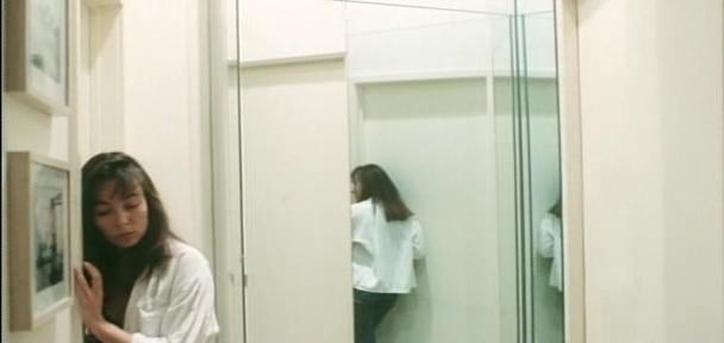
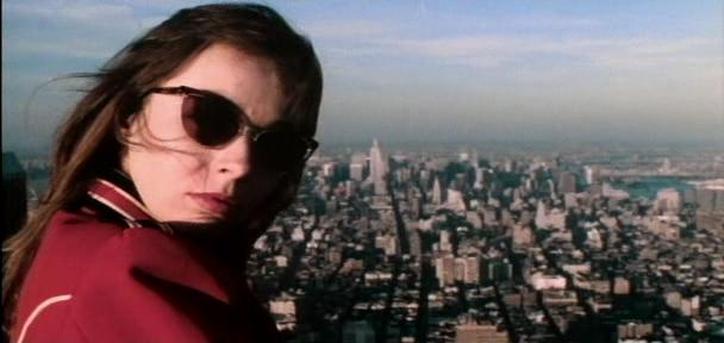
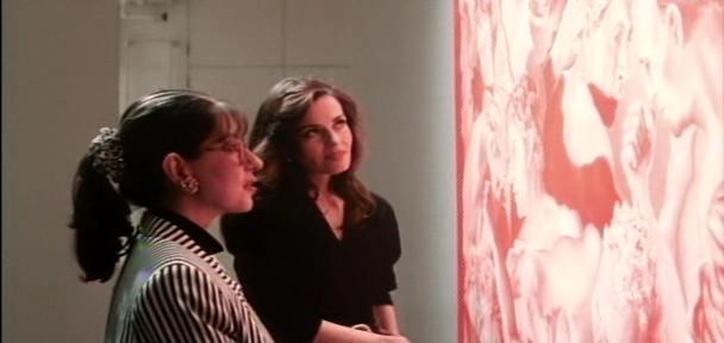
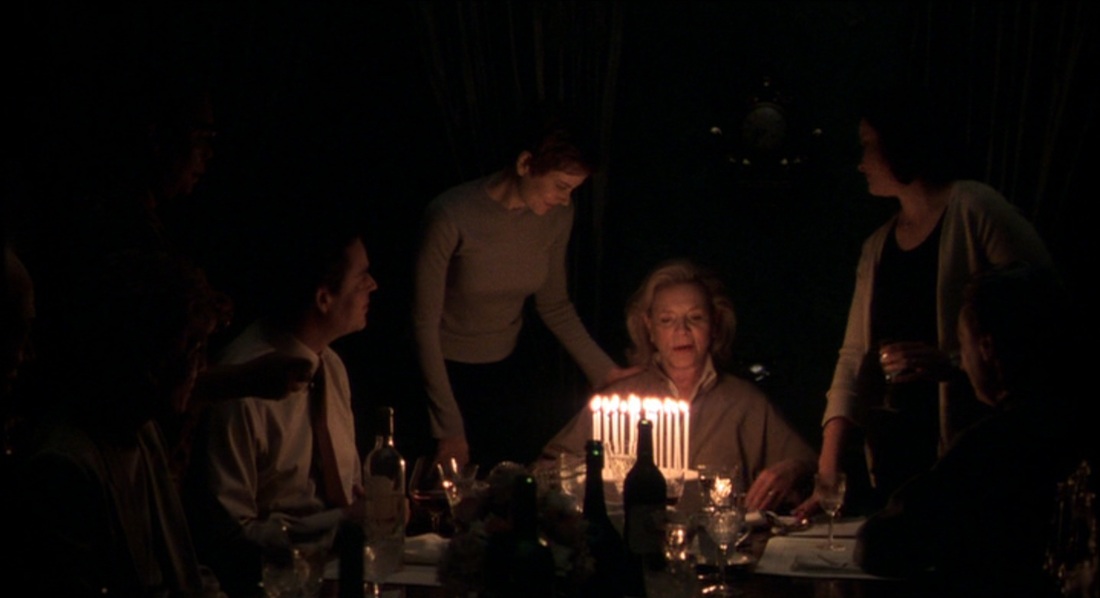
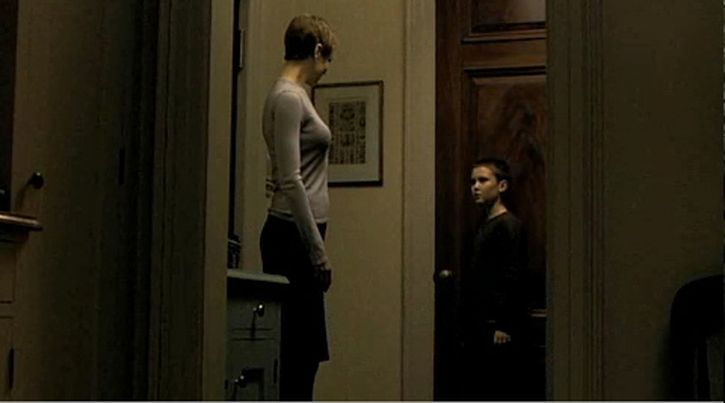
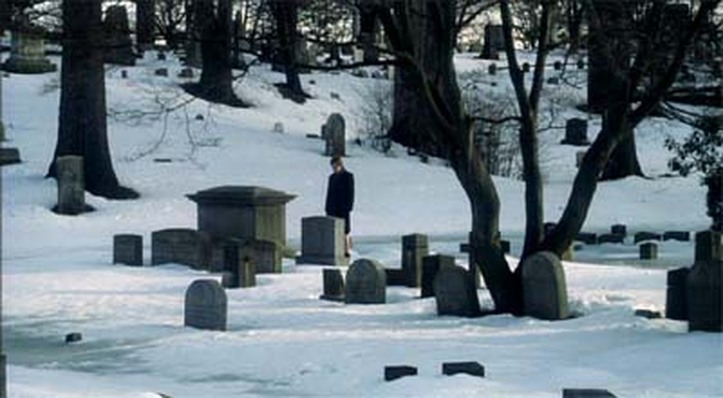

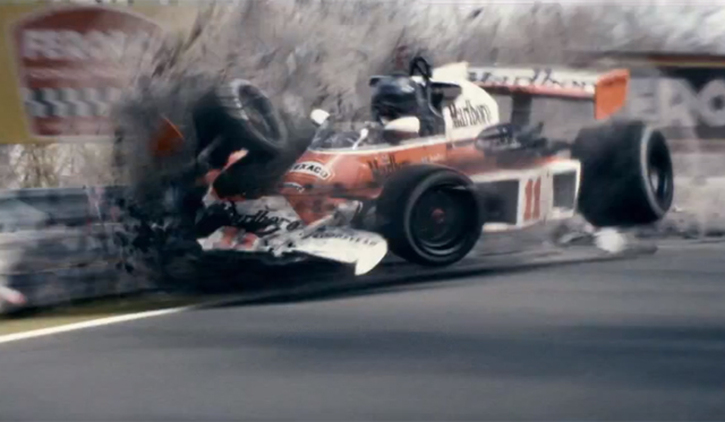
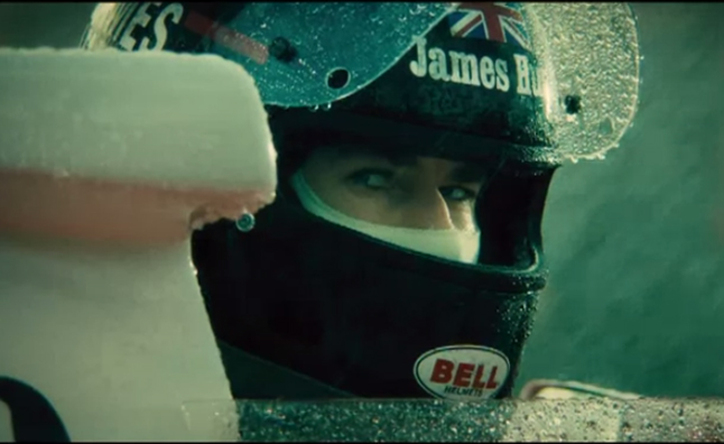
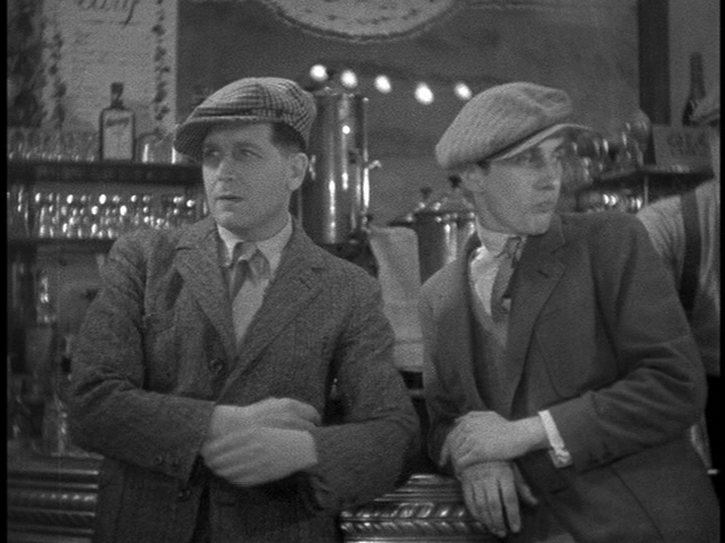
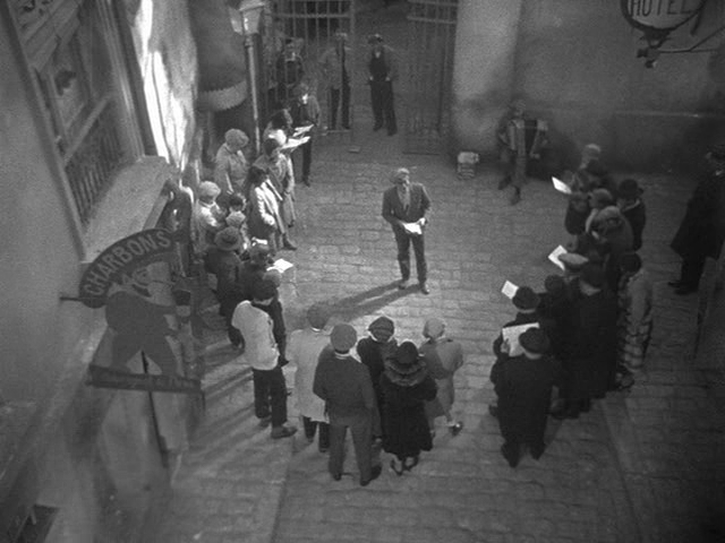
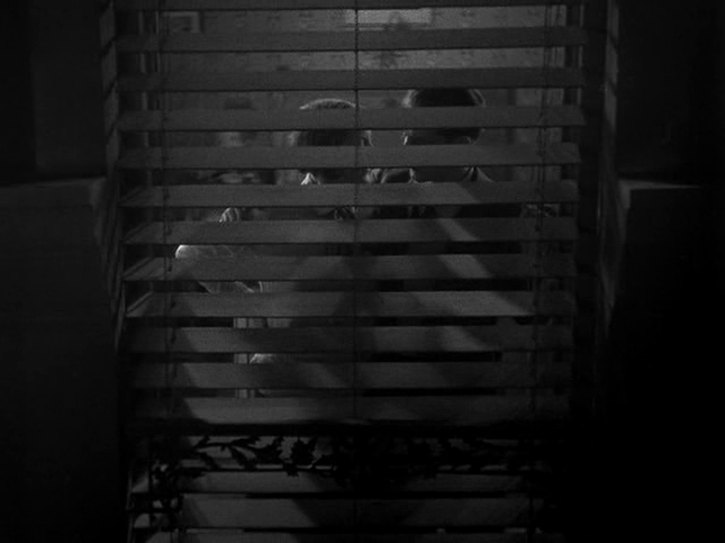
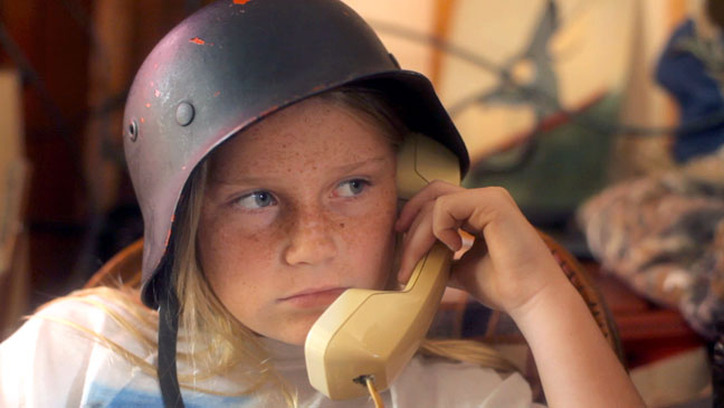
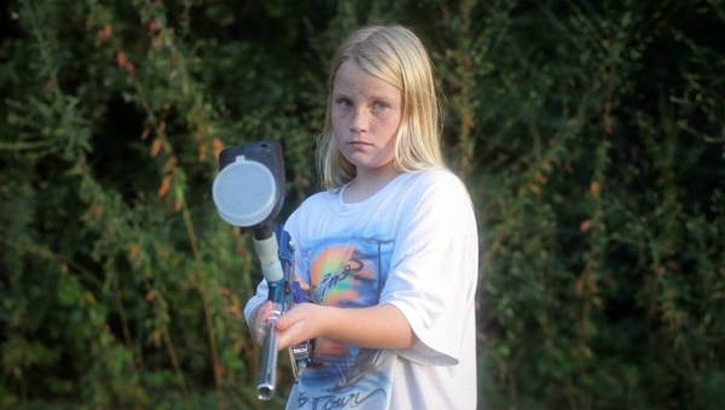
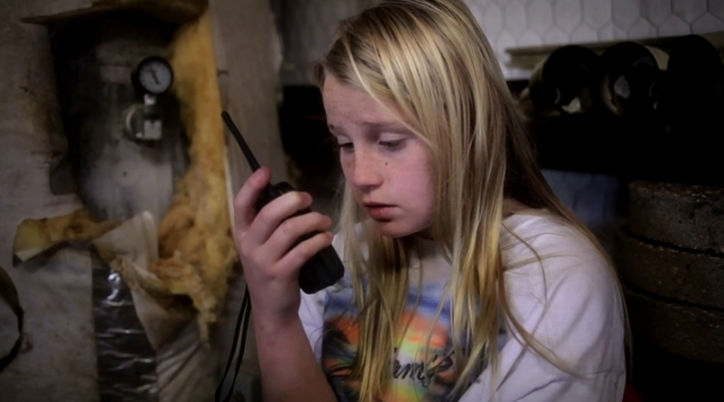
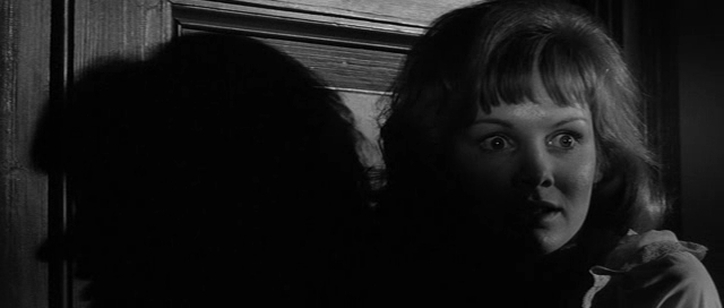
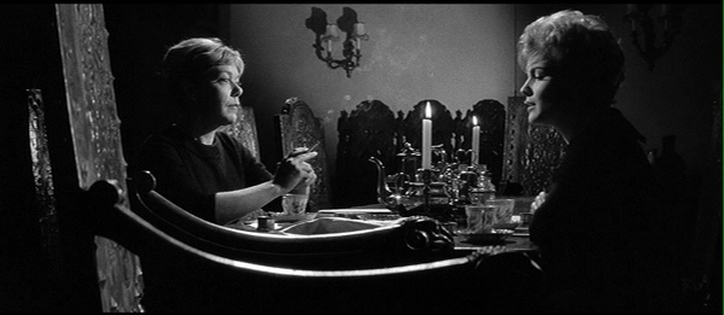
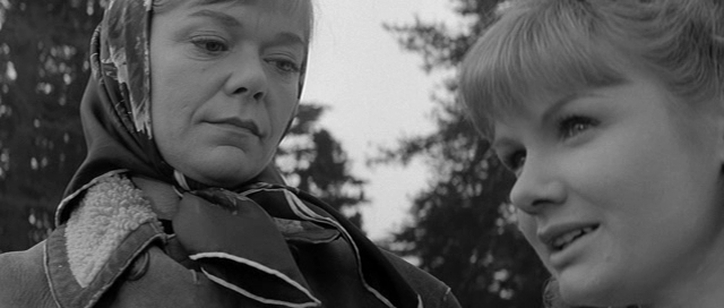
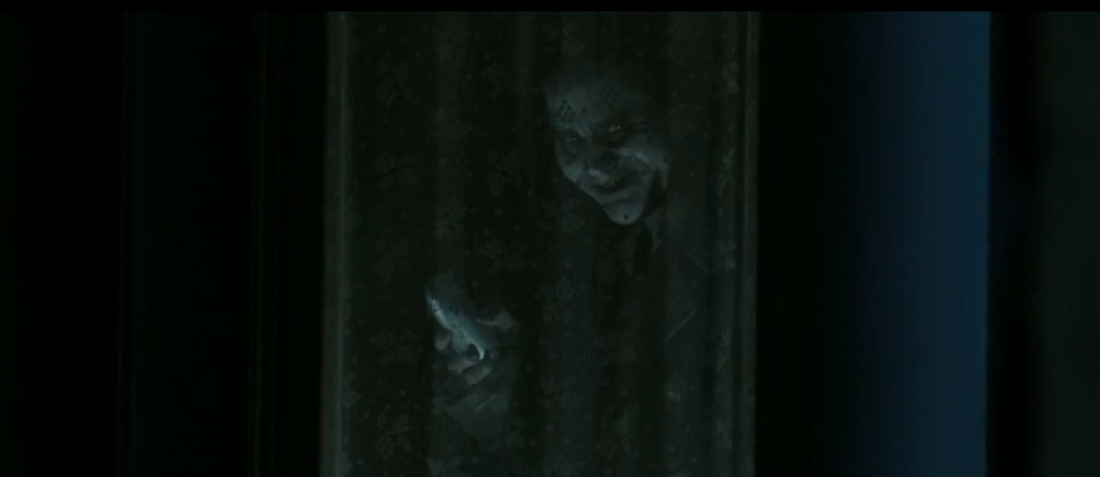
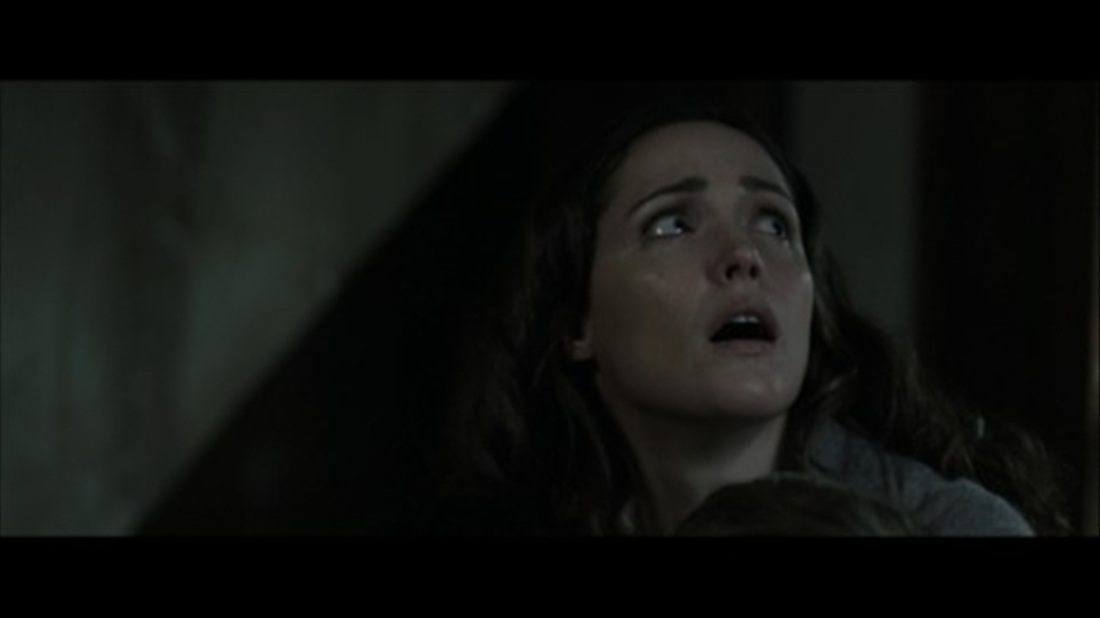
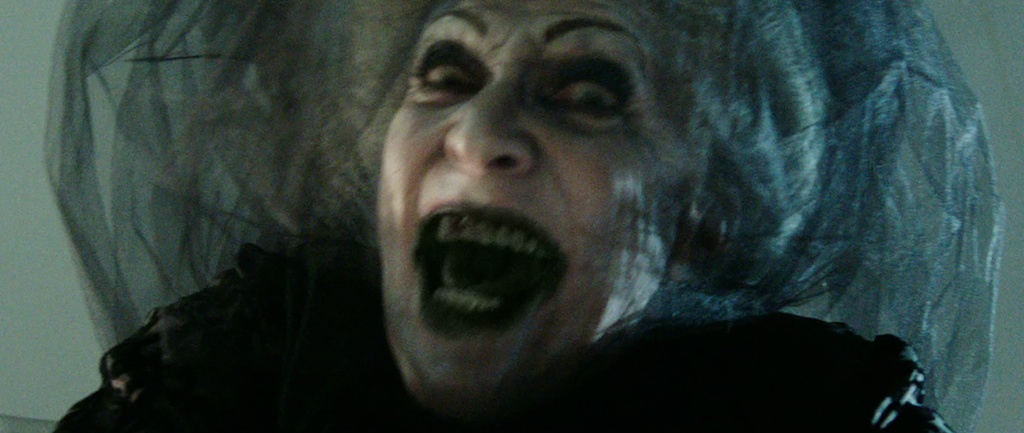
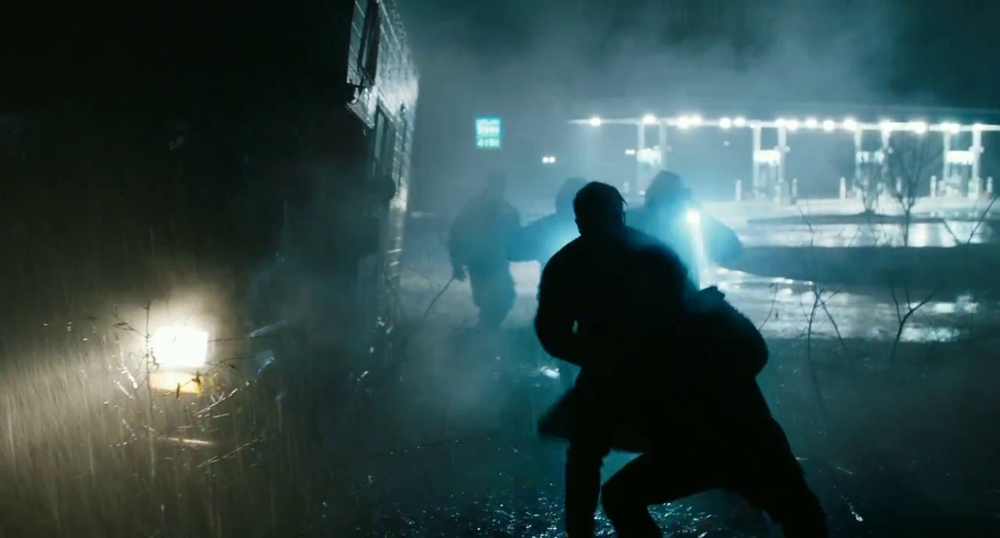
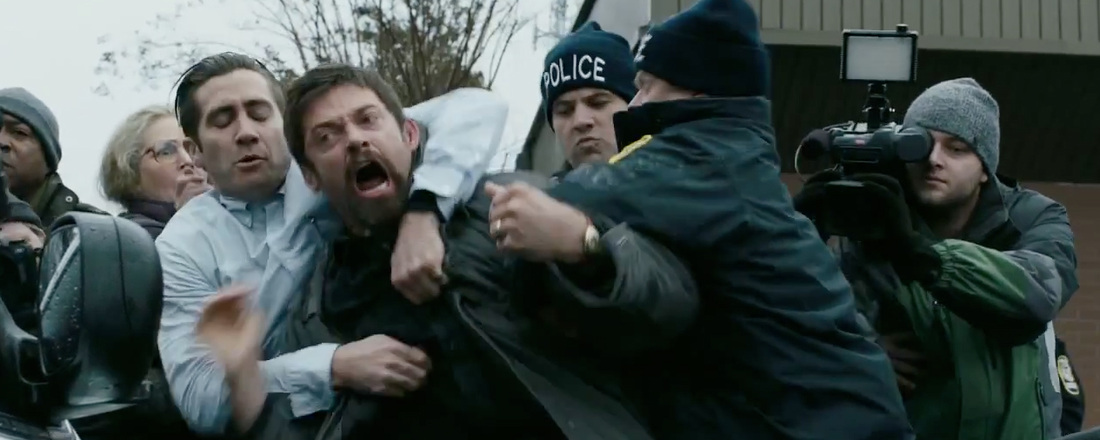
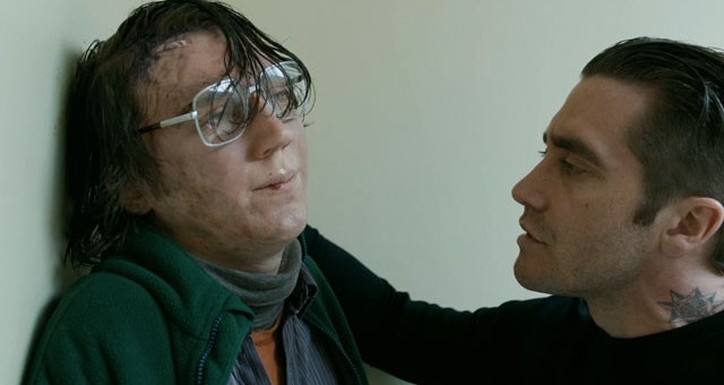
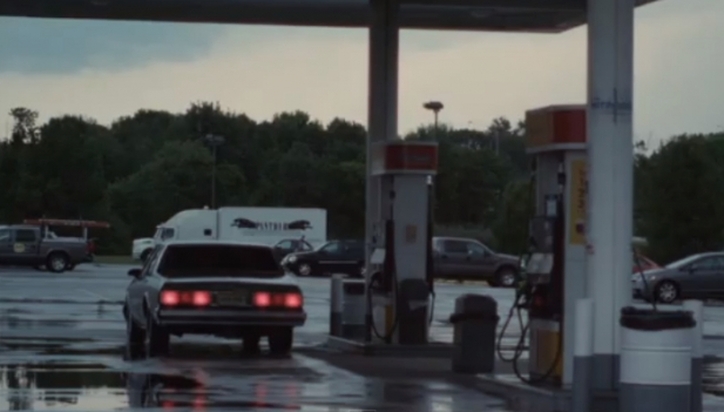
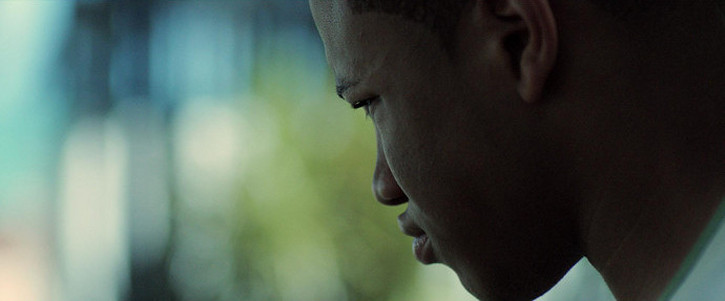
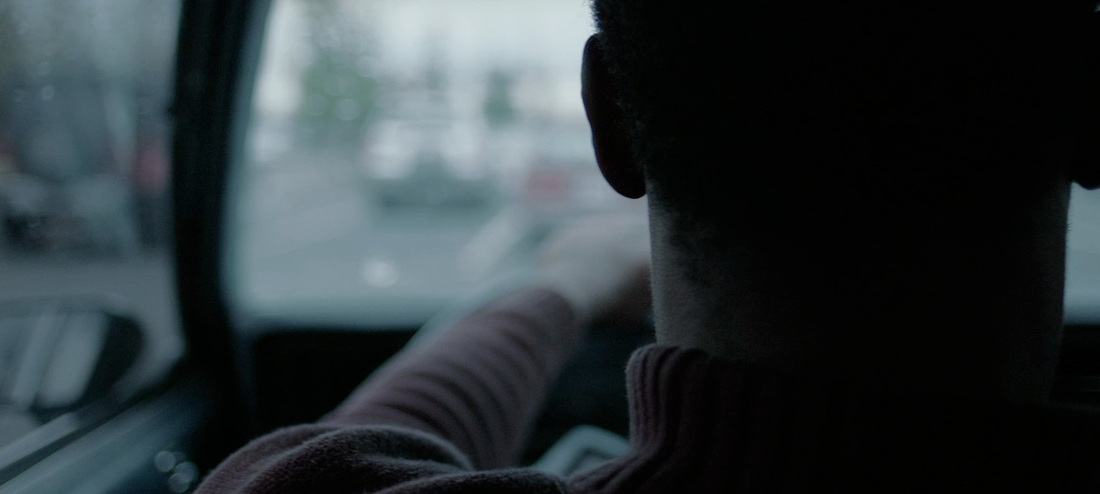
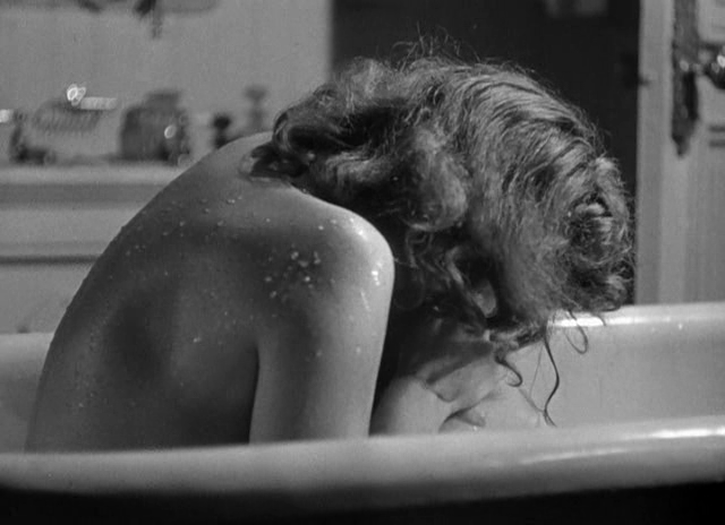
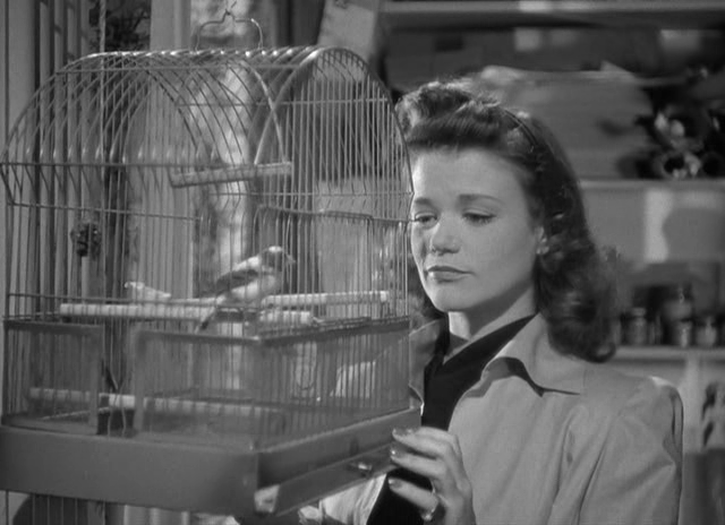
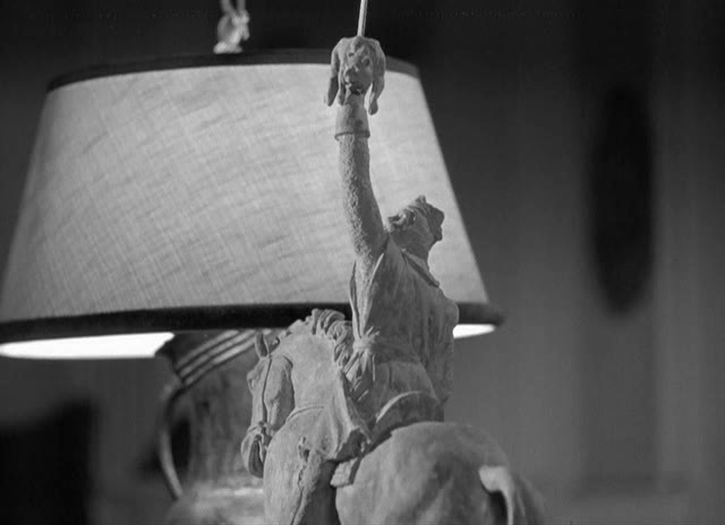
 RSS Feed
RSS Feed
